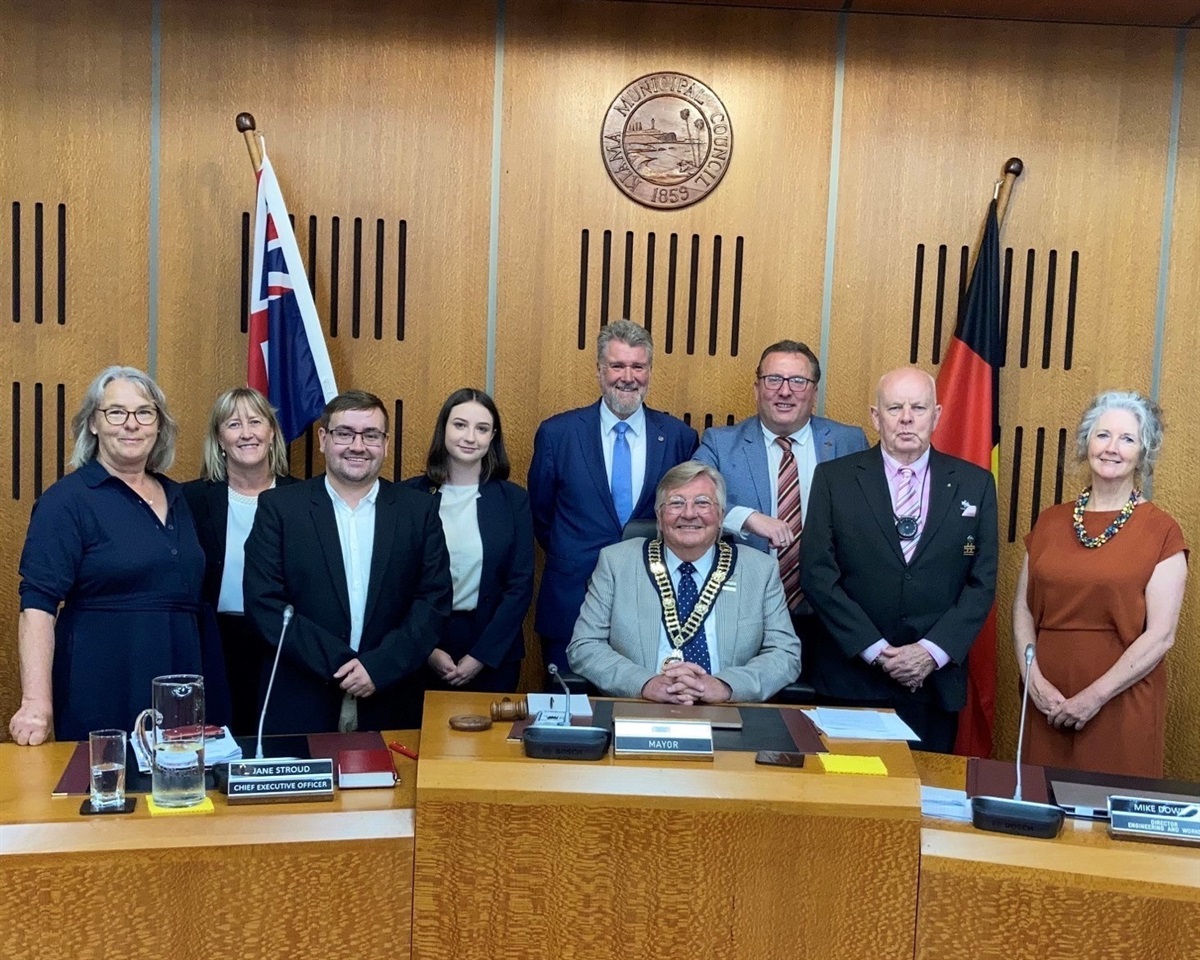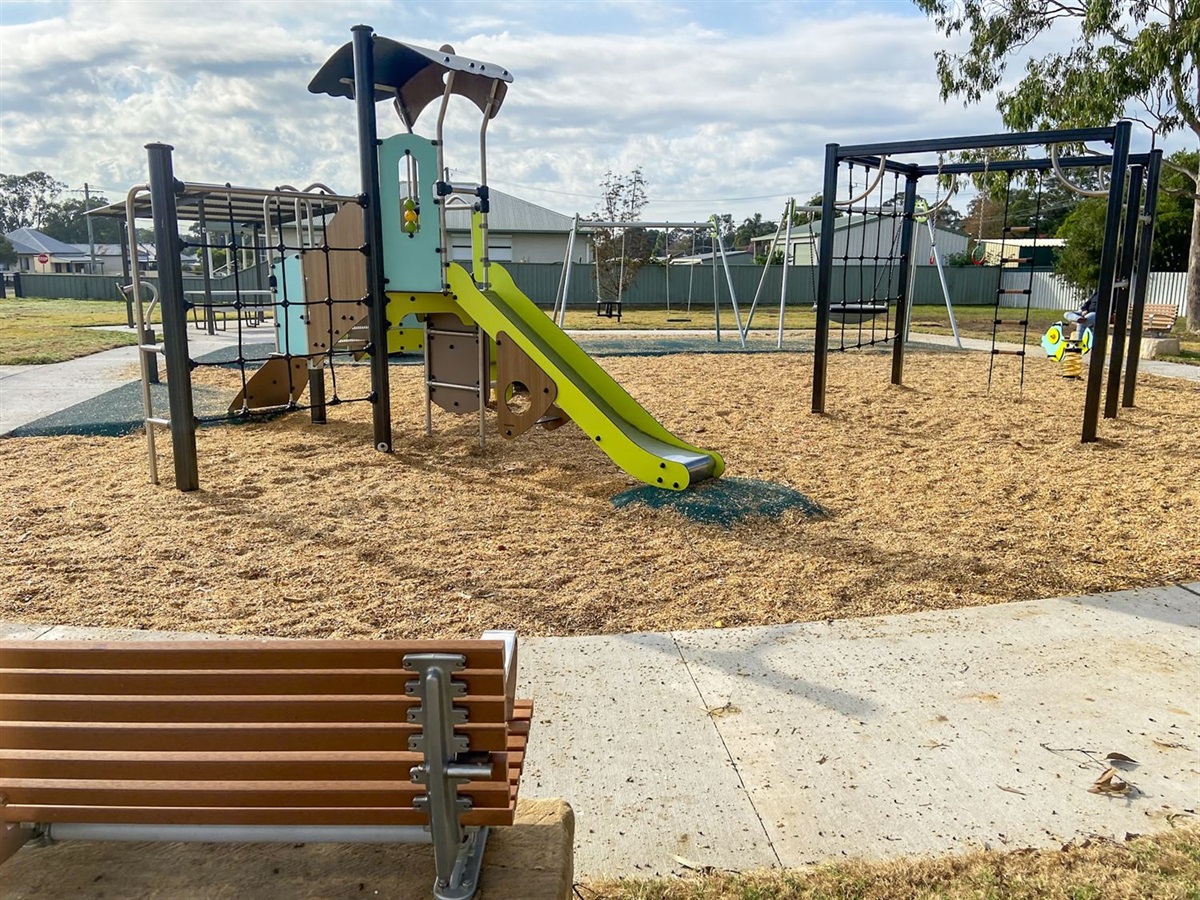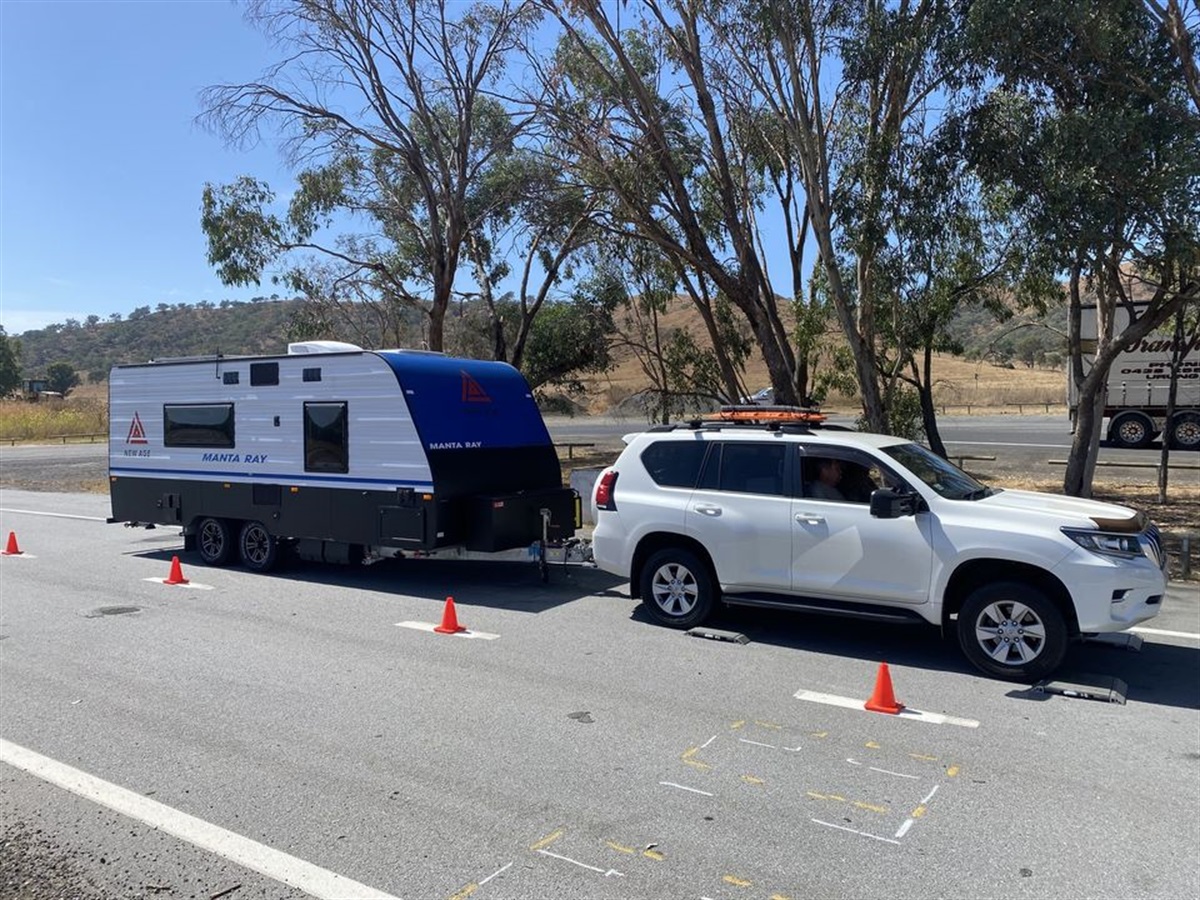Māori women play a key role in caring for their whānau and the environment, and make a significant contribution to society, Stats NZ Tatauranga Aotearoa said today.
The data on Māori women was collected in Te Kupenga 2018, a survey of Māori wellbeing. Almost 8,500 men and women of Māori ethnicity and/or descent answered the survey.
“Upholding cultural practices within whānau and the wider community is often driven by wāhine Māori,” wellbeing and housing statistics manager Dr Claire Bretherton said.
“Wāhine Māori lead their whānau and community in caring for Māori culture, for each other, and for the environment.”
Half of Māori women (50 percent) said it was very or quite important to be engaged in Māori culture, while 41 percent of Māori men said the same.
Asked about their experiences in the year before the survey, 63 percent of Māori women said they had discussed or explored whakapapa or family history, 55 percent had been to a marae, and 51 percent had shared Māori culture with, or taught it to, others.
Nearly 9 out of 10 Māori women (87 percent) said looking after the natural environment is very or quite important. In the previous 12 months, 30 percent of Māori women said they took part in activities to look after the health of the natural environment, such as restoring waterways, tree planting, pest control, or beach clean-up. Similarly, 25 percent said they looked after Māori sites of importance, such as urupā (burial sites) and marae.
Wāhine Māori contribute to their communities
Asked about unpaid work they had done in the previous four weeks, 44 percent of Māori women said they had helped someone outside their household with cooking, cleaning, gardening, and repairs, or other housework. Similar proportions had helped out at schools, churches, sports clubs, or other community groups and organisations, or looked after children who lived in another household.
| | Percent |
| Helped with household work (for other household) | 44.1 |
| Cared for child (in same household) | 43.2 |
| Provided help for/through community group or organisation | 41.8 |
| Cared for child (in other household) | 41.9 |
| Provided other help (for other household) | 32.8 |
| “Provided help for/through marae | 16.7 |
| hapū or iwi” | 13.3 |
| “Cared for sick | 13.4 |
| disabled or elderly (in other household)” | |
| “Cared for sick | |
| disabled or elderly (in same household)” |
| 42.5 | 45.6 |
|---|---|
| 41.4 | 45.1 |
| 40.1 | 43.4 |
| 40.2 | 43.5 |
| 31.1 | 34.5 |
| 15.3 | 18 |
| 12.1 | 14.6 |
| 12.2 | 14.5 |
Wāhine Māori more likely to experience discrimination
Despite the contributions Māori women make to our society, 69 percent said they had experienced discrimination at some time in their lives. Of those, over half (54 percent) said this was because of their race or ethnic group. Māori women also reported lower levels of trust in other people and in New Zealand institutions, than the levels of trust reported for the total population in the 2018 general social survey.
| New Zealand population (GSS 2018) | |
| People in NZ | 6.8 |
| Courts | 6.9 |
| Education | 7 |
| Health | 6.9 |
| Media | 4.9 |
| Police | 7.9 |
| 6.8 | 6.9 |
|---|---|
| 6.8 | 6.9 |
| 6.9 | 7 |
| 6.8 | 7 |
| 4.8 | 4.9 |
| 7.8 | 7.9 |
| Māori women (TK 2018) | |
| People in NZ | 5.8 |
| Courts | 5.8 |
| Education | 5.8 |
| Health | 5.8 |
| Media | 3.6 |
| Police | 6.2 |
| 5.7 | 5.9 |
|---|---|
| 5.7 | 5.8 |
| 5.7 | 5.9 |
| 5.7 | 5.9 |
| 3.5 | 3.6 |
| 6.1 | 6.3 |
Wāhine Māori actively engaged in society
Nonetheless, Māori women reported high levels of engagement in social and civic issues. Almost 9 out of 10 Māori women (88 percent) said they voted in the 2017 general election, compared with 81 percent of Māori men. Additionally, 68 percent of Māori women said they voted in a local government election in the previous three years, compared with 61 percent of Māori men.
“This demonstrates the desire for, and importance of, self-determination among wāhine Māori,” Dr Bretherton said.








